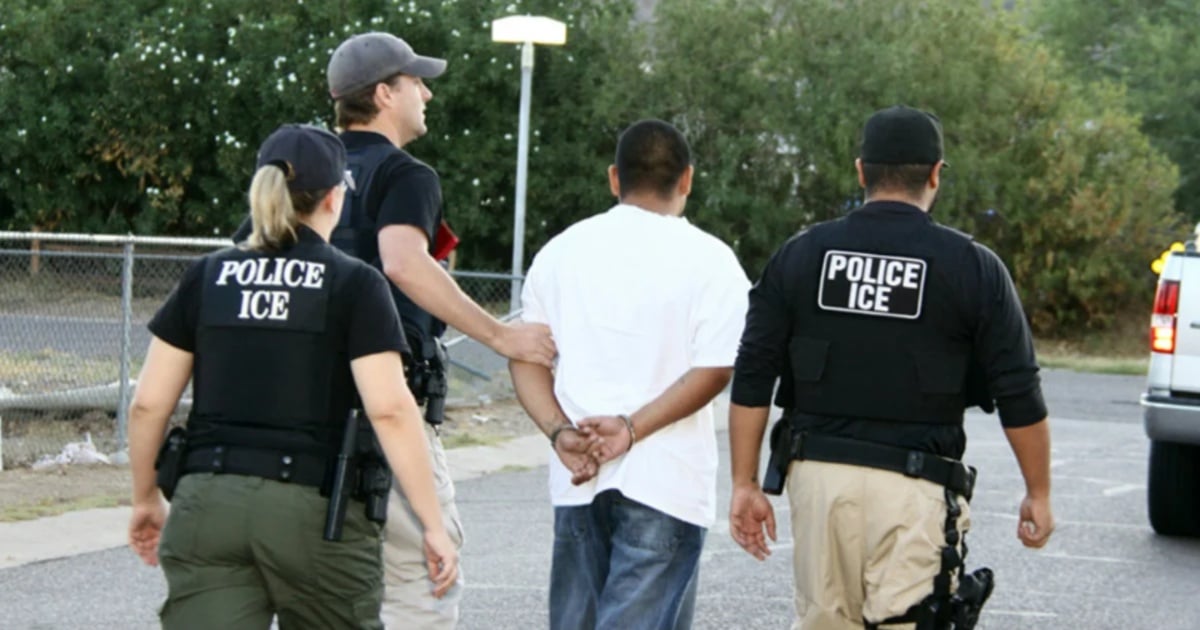The Attorney General of Florida has instructed immigration officials to cease enforcement of SB-4C, a law targeting undocumented migrants entering or returning to the state. This directive follows a ruling by District Judge Kathleen Williams, who limited the law's scope in early April, as reported by the Miami Herald.
Attorney General James Uthmeier directed the Florida Department of Law Enforcement, Florida Highway Patrol, Florida Sheriffs, and Florida Police Chiefs to comply with Judge Williams' "directives." This development occurred after it was revealed during a federal court hearing in Miami that Florida law enforcement had made up to 15 arrests in the past two weeks, defying the April 4 order issued by Williams.
Expressing her dismay, Williams stated, "When I issued the temporary restraining order, it never occurred to me that law enforcement officers would not be bound by it," according to the Herald. She criticized state prosecutors for failing to instruct law enforcement to prevent these unfortunate arrests.
Williams informed Uthmeier's office that both state officials and law enforcement agents must halt arrests under the new state law, which criminalizes the entry into Florida of undocumented migrants who entered the United States without inspection. Uthmeier, however, expressed disagreement with the "scope" of the order, stating, "I must note my disagreement with this order," in an email obtained by the Herald. He argued that Williams' clarification of her previous order was flawed and overly broad.
The Controversial SB-4C Legislation
SB-4C creates state offenses for undocumented migrants entering or re-entering Florida. It stipulates that an unauthorized alien aged 18 or older knowingly entering or attempting to enter the state after eluding immigration officers commits a first-degree misdemeanor. Conviction under this provision mandates a minimum nine-month prison sentence.
The law's second clause mandates a one-year and one-day imprisonment for those with a prior conviction under the preceding section who reoffend.
Judge Williams' decision came shortly after a lawsuit was filed by the Florida Immigrant Coalition, the Farmworker Association of Florida, and individual plaintiffs. They argue that the law violates the U.S. Constitution's Supremacy Clause, which makes immigration policy enforcement a federal responsibility.
Williams contends that the law's mandatory detention provision restricts federal law enforcement's discretion to recommend pretrial release and hinders federal courts' ability to conduct proceedings requiring defendants' presence, as they are incarcerated under SB-4C.
Understanding the Impact of SB-4C
What is SB-4C in Florida?
SB-4C is a Florida state law that criminalizes the entry or re-entry of undocumented migrants into Florida, defining it as a first-degree misdemeanor.
Why did Judge Kathleen Williams limit SB-4C?
Judge Williams limited SB-4C because she believes it infringes on federal jurisdiction over immigration policy and imposes mandatory detention that interferes with federal law enforcement discretion and court proceedings.
What are the consequences of violating SB-4C?
Violating SB-4C can result in a first-degree misdemeanor charge, with penalties including a minimum nine-month imprisonment. Repeat offenders face a longer prison term of one year and one day.
